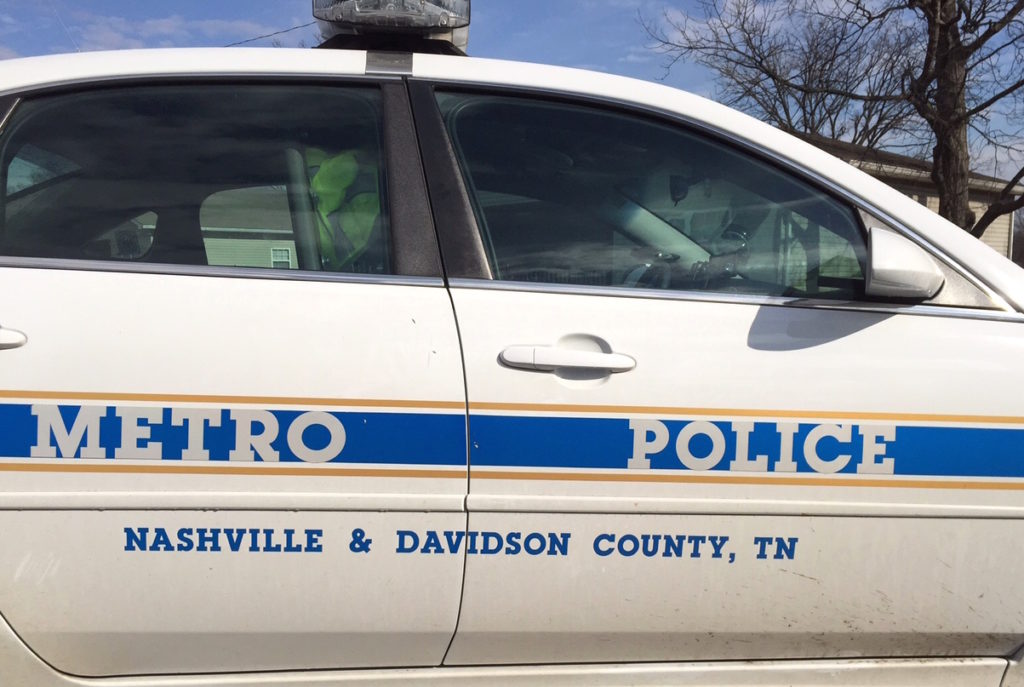
Nashville is in the process of forming a police oversight board after a voter referendum approved the idea, but it’s still unclear how it will function or be received. A look at efforts in those other Tennessee cities — Memphis and Knoxville — point to what factors could make Nashville’s board more or less effective.
Staff Resources, Community Buy-In
The Memphis Civilian Law Enforcement Review Board was established in 1994 by the city council after residents began expressing greater concerns over police accountability. But many have criticized the board for being ineffective, according to the Commercial-Appeal. In fact, it went through periods of complete inactivity.
David Acey, one of the board’s original members, says residents want the review board, and it’s tracking complaints and educating community members on how they should interact with the police. But he admits the board’s effect is limited: It’s an independent agency and isn’t governed by the city, so it receives a small budget, just enough to have an administrator and an investigator.
“If you look at all the other law enforcement agencies around the country, they often get millions of dollars,” Acey told WPLN. “We have zero. We don’t even get a lunch or a Coca-Cola.”
Meanwhile, in Knoxville, the Police Advisory & Review Committee was established in 1998 by a mayoral executive order and became part of the city’s community relations department in 2001. It receives a budget for some official government staff, says Clarence Vaughn, its executive director.
“Our biggest thing is having community buy-in and involvement. That has sustained us going on 20 years,” said Vaughn.
PARC has reviewed over 2,500 cases since it started.
Nashville’s Community Oversight Board will have a larger budget than Knoxville’s, with over $1 million for the first year from city government. That money will support a nine-person staff.
Policing and Criminal Justice Experts
In Memphis, Acey says the board is often perceived as lacking teeth, because its recommendations are often rejected by the police department. Members of the board aren’t necessarily policing experts, he says.
“You have to take in consideration that the director of the police department already has its own methods for reprimanding police,” said Acey. “It’s like me trying to tell you how to write your article.”
Acey says police leadership does respond to the board’s complaints but often in ways that aren’t satisfying for citizens.
Knoxville’s oversight committee, however, has been working directly with the police department for years, says Vaughn. It’s even involved in police officer training. The group makes recommendations to officers on how to interact with people from different racial, religious or other social backgrounds.
“There was pushback, but during that time our initial board had [future police chief] Sterling Owen IV on it. He served as our first chair,” said Vaughn. “He then became chief of police for the Knoxville Department. So having that influence was not only getting buy-in, but we got a sense of respect and accountability about how we operate.”
Vaughn said having this direct connection to police officers set a precedent for the board that its recommendations should not be taken lightly.
In Nashville, the Fraternal Order of Police has voiced concerns that the board will not include people with policing expertise, but nominations for Nashville’s board include several former police officers and criminal justice experts.
Legal Powers
Acey says one of the biggest challenges the board in Memphis is facing now is lack of subpoena power.
“We can’t directly sanction a police officer, nothing more than write a complaint,” says Acey. It can request to do that indirectly through the city, but it may not take a complaint any further.
“And I found out if we do issue a subpoena to the officer, he can come to the hearing and refuse to answer any questions under the Fifth Amendment,” said Acey.
While these are limiting, he says, “before we had a board, the citizens had nowhere to go.
The CLERB can also only hear a case after a case has already been investigated by the police. Now, policing activists in Memphis are trying to bring this issue to light.
But in Knoxville, the committee there has always had the power to subpoena police officers.
Vaughn says that’s part of what has given it the ability to investigate so many cases. It also had members on its board that were renowned legal experts in the community.
Nashville’s board, like other city commissions, will have the power to call witnesses and will be given a team of trained investigators.

